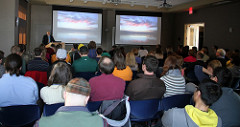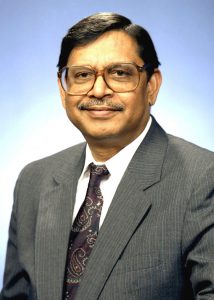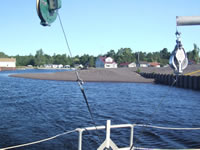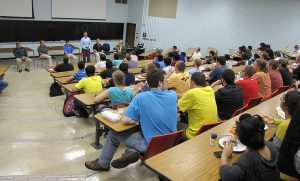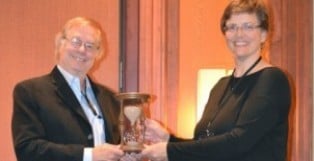The EPA named Michigan Tech the new home of its Region 5 environmental finance center, a recognition that comes with a six-year grant of up to $5.6 million. EPA Region 5 covers Michigan, Minnesota, Wisconsin, Illinois, Indiana, and Ohio.
An EPA team will be at Tech to conduct a site visit on Sept. 13-14, 2016.
Engineering, Business Resources
“The depth of engineering resources that we have, our business school’s involvement and the fact that a multidisciplinary approach is the norm here all made our application stand out,” says Tim Colling. The principal investigator on the EPA center, Colling also directs Tech’s Center for Technology and Training (CTT), part of the Department of Civil and Environmental Engineering (CEE). There are several co-PIs from various University departments, centers and institutes, including CEE, the Sustainable Futures Institute, Michigan Tech Transportation Institute (MTTI) and the School of Business and Economics.
